Deworming is the first and most important step to ensure your fighting cocks maintain optimal health. Without deworming, your fighting cocks can become weak and exhibit serious symptoms. Let’s explore the signs of worm infection and effective deworming methods with 8K8.
Signs of worm infection in fighting cocks
If you are new to caring for fighting cocks, it is important to recognize the following signs to determine if your fighting cocks are infected with worms:
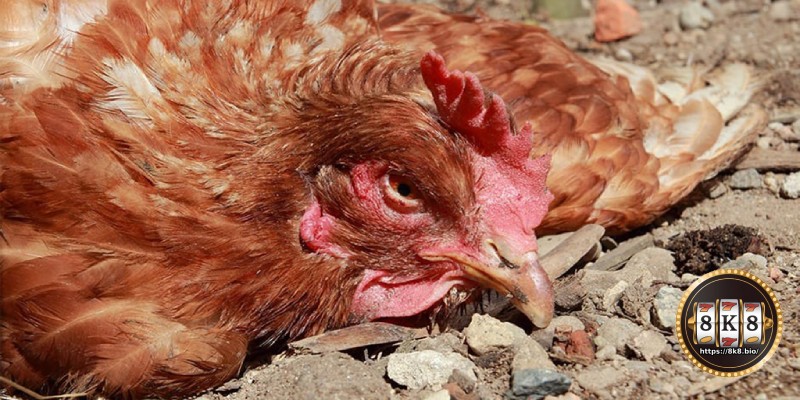
- Slow growth and loss of appetite.
- Signs of anemia: pale and dull skin, beak and legs.
- Lethargy, reluctance to move, stumpy wings and diarrhea.
- Sudden death due to intestinal obstruction or perforation.
Popular Deworming Methods for Gamecocks
Currently, there are several effective dewormed methods commonly used by rooster breeders:
Using deworming drugs
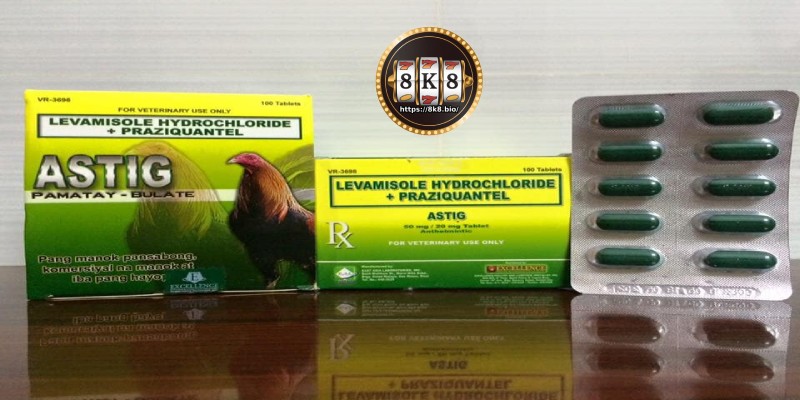
This is the most popular and effective method, widely used by many professional chicken breeders. Deworming drugs for roosters are often prescribed by veterinarians or can be purchased at large veterinary stores. It is essential to carefully follow the instructions for use to ensure safety and effectiveness.
Using herbal medicines

Some rooster breeders prefer natural methods that use herbs to help clean the digestive system and effectively remove worms. However, the scientific effectiveness of these methods has not been convincingly proven, so they must be applied with caution to avoid unwanted side effects.
Regular deworming schedule
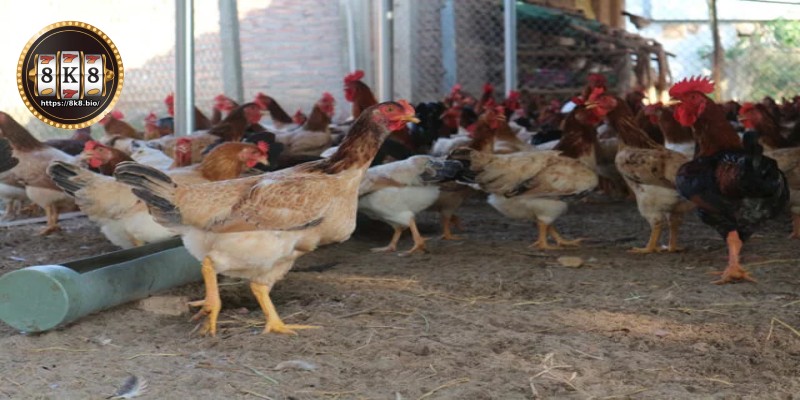
The most important practice is to deworm roosters regularly according to a schedule prescribed by a veterinarian or a pre-established plan. This helps maintain their health and ensures peak performance in matches.
Timely treatment for infected roosters
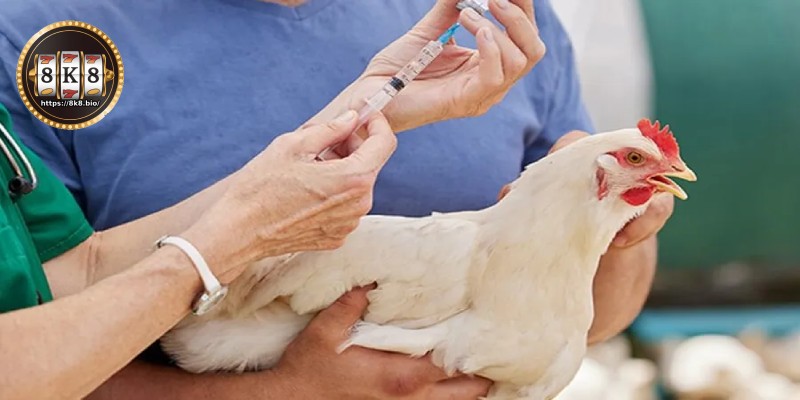
If you notice signs of worm infection, immediate treatment is needed to prevent the spread of parasites and protect the health of your flock. Always follow expert advice to ensure safe and effective deworming.
Natural deworming methods to combat roosters
Among the various deworms methods, natural remedies remain a popular choice. However, their effectiveness is not always scientifically proven.
Using betel leaves

Wash and chop the betel leaves, then mix them directly into the rooster’s food.
This method should be applied for 3 to 5 days to significantly improve health.
In addition, you can crush and extract the juice for the rooster to drink, but eating it directly is simpler and more effective.
Betel leaves contain natural deworming compounds, which are very beneficial for roosters.
Using Areca Nuts
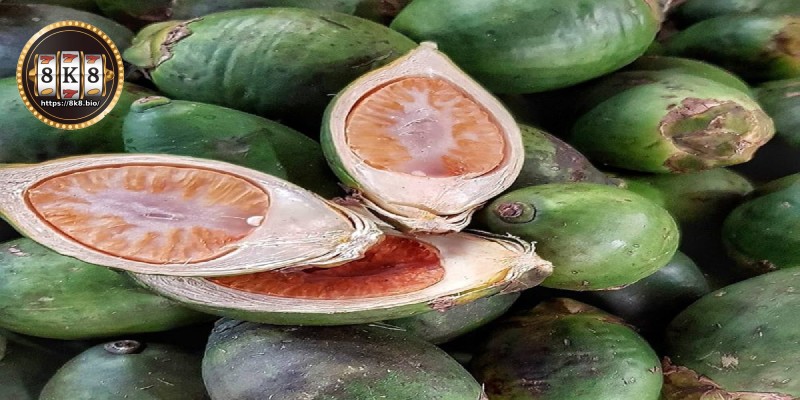
Areca nuts are very effective in deworming, but roosters do not eat areca nuts.
To use, mix them with other foods.
Within 30 minutes to an hour, the rooster will defecate, expelling the worms.
Make sure to clean the area thoroughly afterwards to avoid reinfection.
Using Ginkgo Biloba

Ginkgo biloba contains artemisinin, which helps reduce the growth of certain types of worms.
However, expert guidance is needed as improper use can cause side effects.
Using essential oils

Some natural essential oils, such as orange and chestnut oils, have antibacterial properties and help cleanse the intestines.
Use with caution as too much can irritate the rooster’s digestive system.
Preventive measures against worming
In addition to dewormed, taking preventive measures is very important to maintain the health of your fighting cock:
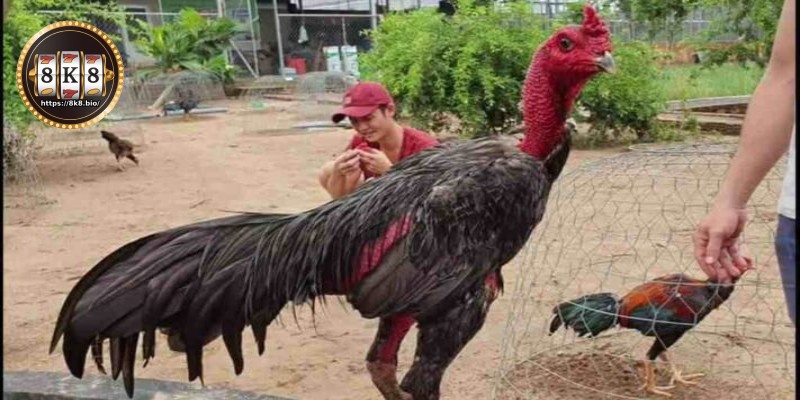
- Keep the coop clean: Regularly clean and disinfect the coop, especially the living area. Change and clean the floor regularly.
- Balanced nutrition: Provide a varied and nutritious diet to boost the immune system and resistance of the rooster.
- Regular health check-ups: Take the rooster for regular veterinary check-ups and take preventive measures when necessary.
- Use herbal deworming supplements: Take herbal deworming preventive measures when necessary.
Conclusion
Through this article, 8K8 has shared effective deworming methods for fighting cocks. Regular deworming and appropriate preventive measures are essential to maintain the health and performance of your precious roosters.

